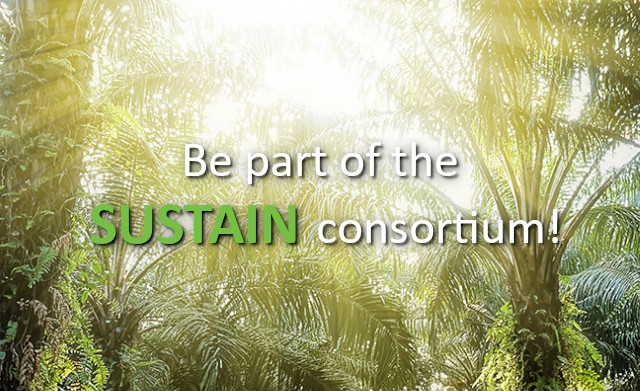Initiatives trace product origins in bid to tackle deforestation and corruption
MASANORI TOBITA and RURIKA IMAHASHI, Nikkei staff writers April 13, 2019 13:29 JST
LAUSANNE, Switzerland/TOKYO — Moves to improve transparency in commodities trading are spreading in Asia as resource-exporting countries make efforts to tackle deforestation and corruption.
Japanese trading house Itochu has acquired a 19% stake in HeveaConnect, a Singaporean company that runs a marketplace for sustainable natural rubber used in tires. The trading platform is scheduled to begin operation this month.
HeveaConnect ensures the transparency of distribution as it only procures rubber from factories recognized as having sustainable practices and sourcing. Factories are audited based on a stringent 900-point system drawn up by an independent, internationally recognized certification body.
The audits take into account specific criteria, like high performance bench marks in laboratory tests on key properties of natural rubber. On social responsibility, companies must review their environmental practices and impacts twice a year and agree to a 167-question checklist covering human rights, labor practices, fair operating practices and social investments.
Producing countries and rubber companies are under growing pressure to protect the environment as investors and consumers place more weight on the United Nations’ sustainable development goals. Natural rubber is mainly produced in China and Southeast Asia, with Thailand and Indonesia accounting for 60% of global production.
Itochu has formed a capital alliance with HeveaConnect by underwriting the allocation of new shares issued by a subsidiary of Halcyon Agri, a Singapore-based natural rubber producer, for $2.2 million.
HeveaConnect operates a market handling only natural rubber from properly managed factories. The first such market of its kind, HaveaConnect will enable tire makers to quickly source highly traceable rubber.
In another move, a group of palm growers as well as palm oil processors and consumer goods producers came together in September to collectively address sustainability issues, according to an initiative led by Apical Group, the Singapore-based palm oil exporter that also produces palm oil in Indonesia.
The group, Sustain, aims “to promote collaboration in solving landscape-level issues by leveraging technology to address shared challenges in the supply chain,” according to Dato’ Yeo How, president of Apical Group.
Palm oil is used in many products, including instant noodles and shampoos. The industry has been heavily criticized for being involved in serious environmental exploitation and deforestation. There is a growing need to make the supply chain more transparent and to increase pressure on farmers who do not take any social responsibility.
Sustain provides “the means for palm oil companies to achieve goals and commitments more effectively and cost-efficiently at landscape level through synergy creation and collaboration among like-minded firms,” according to Bremen Yong, the group’s chairman. It expects to launch a blockchain traceability system by the end of the year.
In 2020, Sustain plans to begin a new phase in which it will monitor for compliance with a strict policy of no deforestation, no peat destruction and no exploitation.
Japan-based Kao was the first consumer goods maker to join the initiative. “How we establish traceability to farms is a big challenge that the whole industry is facing,” said Takashi Matsuse, vice president of global procurement-planning. “Kao wants to contribute to sustainable palm oil supply by taking part in building up the mechanism of traceability.”
At the annual Financial Times Commodity Global Summit held in Lausanne, Switzerland, in March, Fredrik Reinfeldt, chair of the Extractive Industries Transparency Initiative, urged resource producers to make commodity trading more transparent.
EITI is multinational framework that aims to enhance transparency of money flows from extractive industries, including oil, gas and metals, to the governments of countries in which the resources originate. EITI was set up in 2003 and has support from 16 countries.
Since it began monitoring how funds flow from companies involved in the development and trading of natural resources to exporting countries, EITI has established an international network of resource-producing and -consuming countries, and major resources companies.
EITI seeks the disclosure of taxes, royalties and other payments made by companies to governments. Any anomalies suggest fraudulent use of funds.
At the FT summit, James Nicholson of Trafigura Group, the Geneva-based multinational commodity trading company, stressed that corruption must be eradicated from commodity trading. Trafigura and its peers, including British-Swiss miner Glencore, are participants in EITI and have pledged to disclose their payments to governments.
